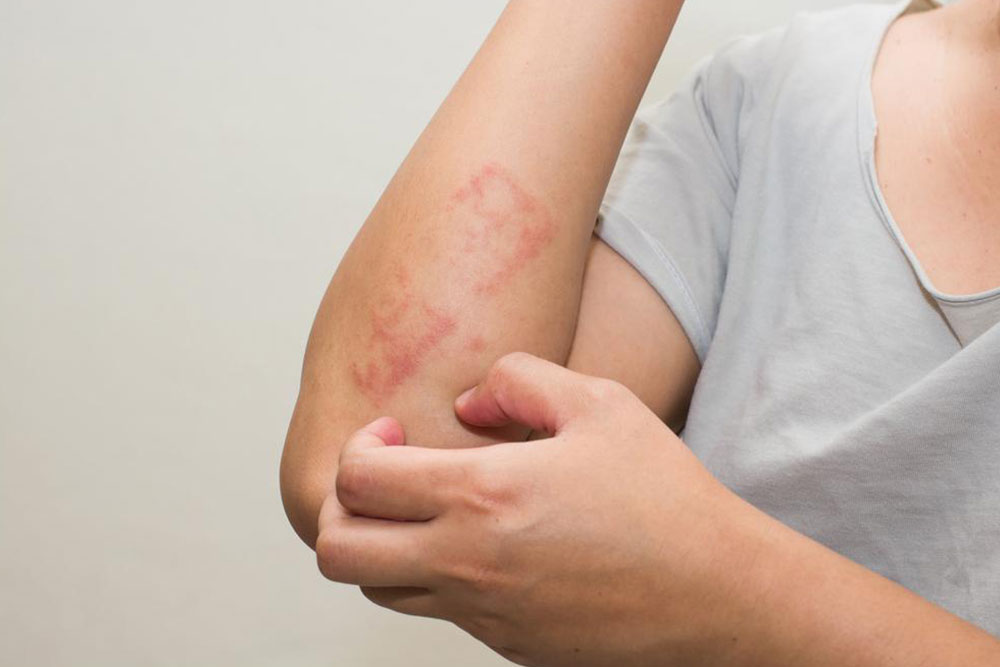Here’s all that you need to know about scabies skin rash
Sarcoptes Scabei is an itch mite that infests the skin causing the highly contagious and intolerably itchy skin disease called Scabies. Scabies skin rash is a condition that is caused when tiny eight-legged parasites enter the surface of the skin to produce unbearable itching that worsens as the day begins to end. 1/3-millimeter-long mites infest and infect humans and make little burrows in the skin and can be seen crawling if viewed through a magnifying lens or a microscope.

Scabies skin rash is one of the most commonly occurring infectious diseases that can affect any person irrespective of their age, gender, and race. Even children and infants can contract the disease. Studies reveal that about 300 million cases of scabies infestation are reported every year all around the world. It is interesting to note that human scabies is a disease that goes back 2,500 years. Apart from being reported across the nation, scabies skin rash is the most commonly reported epidemic in nursing homes, hospitals, healthcare institutes, and more. While episodically, scabies can affect all socioeconomic groups, the homeless population is more prone to contracting the infection.
Several scabies photos & symptoms reveal that scabies skin rash comprises of several tiny red blisters and bumps on various areas of the body. While the scabies skin rash is most apparent in the head, palms, face, and neck in children and infants, adults usually get the scabies skin rash as nets of rashes in hidden places. These include areas between the fingers, around the wrists, at the back of the elbow, around the knees, in the axillary folds, around the nipples, genital areas, buttocks, and the like. The blisters and bumps that are called papules often contain blood crusts. While many believe that all scabies skin rash are bugs, it is interesting to note that in most healthy adults with scabies may have as many as 10-15 mites living despite over a hundred pumps and pimples that may be caused by scabies.
While demonstrating scabies photos & symptoms in textbooks, the images and descriptions point towards burrows or tunnels that mostly thread like projections with thin brown, red or gray lines in the areas affected by the disease. People with itchy skin conditions tend to get visible scratch marks and welts that can be mistaken for burrows which usually are rather impossible to see through the naked eye.